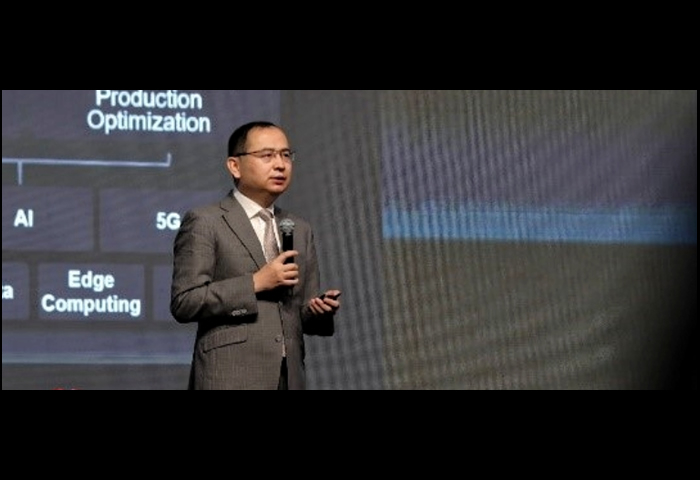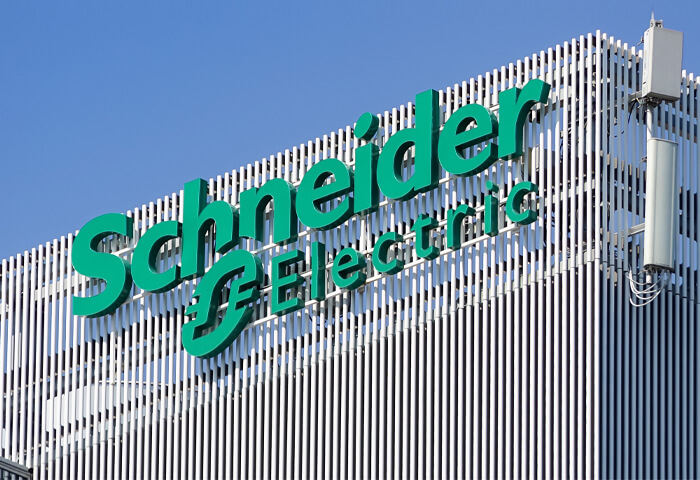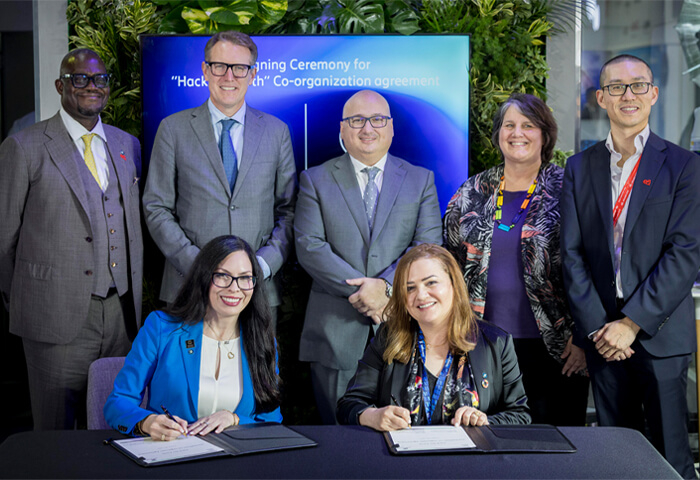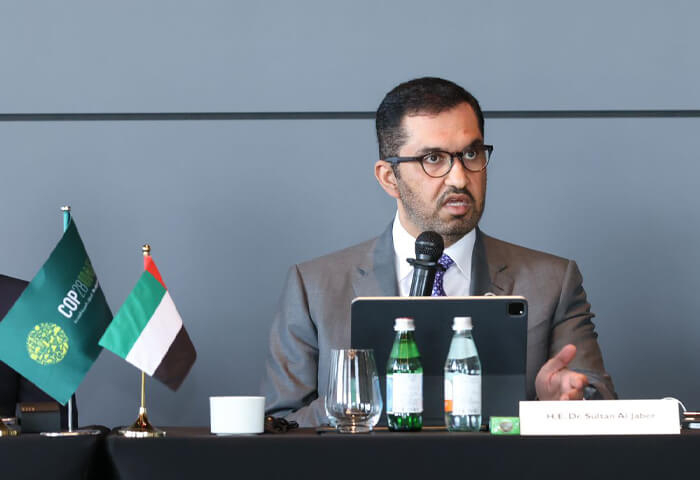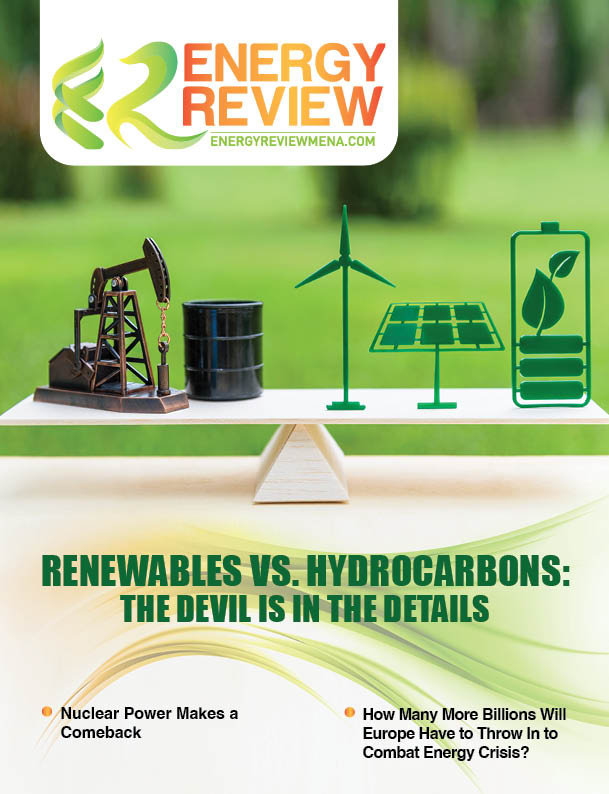Robin (Yongping) Lu, executive vice president of Global Energy Business Unit of Huawei Enterprise BG, shares key insights into how digitization is now enabling a new, more intelligent, and greener energy sector
What are Huawei's activities and background in the energy industry?
Huawei has over 30 years of experience in supporting enterprises by developing innovative digital solutions and providing those to aid the digital transformation of all industries, including the energy sector. In terms of energy, we have successfully applied Huawei's oil and gas solutions in 45 countries and established 17 partnerships with the world's top 20 oil and gas companies.
Today, we integrate new ICT technologies and develop intelligent power plants, intelligent pipelines, smart oil and gas, and smart gas stations. Huawei Enterprise Business Group is therefore creating a stronger digital ecosystem where all players create and share value together, as we strive to help industries tap into the power of the digital world to survive and thrive.
In the world of 5G, what is Huawei focusing on to enhance the energy sector as a whole?
In order to support the fourth industrial revolution and digital transformation, we strategize to infuse ICT and innovative technologies in even the smallest of operations. Ultimately, we want enterprises in the energy sector to be able to manage highly diversified and complex operations and infrastructure, and we approach this by upstream, midstream and downstream operations.
For example, in the upstream domain, 5G empowered solutions increase the effectiveness and efficiency of automating oil rigs and smart exploration. In midstream operations, 5G has an impact on data management and tracking inventory levels and managing logistics efficiently. Finally, downstream wise, we capitalize on opportunities in digital procurement, labor training, predictive maintenance and real-time operations monitoring.
From a more general perspective in boosting the industry, we see many opportunities for prospering the industry, and are working towards achieving them. For example, effective data governance will support data sharing and smart Big Data analysis. Additionally, there is a need for full-stack cloud platforms which can help energy companies migrate key business processes to the cloud and gain intelligence. Similarly, there is a need for stronger device-edge-cloud intelligent production systems.
How is Huawei supporting the oil and gas industry specifically?
Today, we are building Intelligent Oil & Gas Fields solutions through applications such as microwave, eLTE/5G and GPON to collect onsite data, enhance security monitoring video, and support collaboration through voice connectivity. We are also improving security and efficiency by adapting to requirements in communication coverage, safe production, and smart operations along the pipeline. By building a fully connected smart campus solution, for example, we implement comprehensive collaboration and experiences through AI to achieve production visualization, optimize processes, and improve HSE management efficiency. Additionally, we are utilizing AI capabilities to establish intelligent, unmanned, and precise refueling, unloading, and marketing.
How are you planning to ensure green energy is produced, in light of a sustainable digital transformation and achieving carbon neutrality?
Under our sustainability agenda, we envision a technology-led pursuit of a more sustainable future. This is done by utilizing technologies at a time when energy efficiency is crucial. Therefore, to adapt, we use solutions focused on 5G, IoT, AI, cloud, big data and edge computing to ensure a green and efficient energy industry.
Digitization is also helping energy companies embrace zero-carbon transformation, and thus carbon neutrality can be achieved. Comprehensive digitalization includes aggregating and consolidating data for a smarter hierarchy, eliminating system and data silos, and utilizing digital platforms to build basic industry application capabilities.
Following Huawei’s recent Global Oil & Gas Summit and participation at ADIPEC 2021, what are your objectives heading into 2022 for serving the energy sector?
Huawei has proposed a plethora of digital-focused concepts and innovations during these two events. These prioritize accelerating clean energy generation, building greener sites and data centers, and much more.
We also showcased how the technology foundations to connect a more intelligent power sector are already here. Consequently, our goals include supporting more enterprises in the region and globally towards a carbon-neutral society, recognizing the crucial role of digitalization in the energy revolution and decarbonization. We see growth potential in helping our partners to accelerate the energy industry's progress towards becoming low-carbon, digital, and more intelligent, and are proud that over 700 cities and 253 Fortune Global 500 companies worldwide have chosen Huawei as their partner for digital transformation.
In the end, the world today is connected like never before. This makes it possible to optimize the entire power generation and delivery chain through expanding digital technologies in the energy industry.

